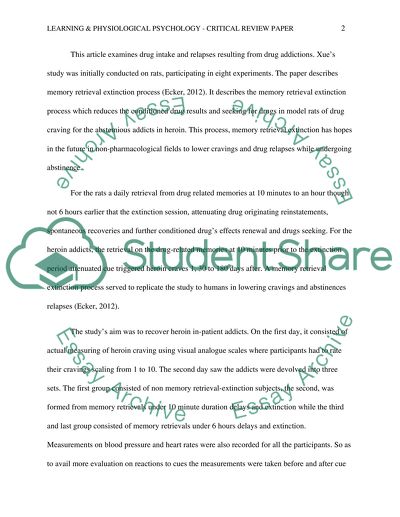Cite this document
(“Learning & Physiological Psychology - Critical Review Paper Assignment”, n.d.)
Retrieved from https://studentshare.org/psychology/1646984-learning-physiological-psychology-critical-review-paper
Retrieved from https://studentshare.org/psychology/1646984-learning-physiological-psychology-critical-review-paper
(Learning & Physiological Psychology - Critical Review Paper Assignment)
https://studentshare.org/psychology/1646984-learning-physiological-psychology-critical-review-paper.
https://studentshare.org/psychology/1646984-learning-physiological-psychology-critical-review-paper.
“Learning & Physiological Psychology - Critical Review Paper Assignment”, n.d. https://studentshare.org/psychology/1646984-learning-physiological-psychology-critical-review-paper.


